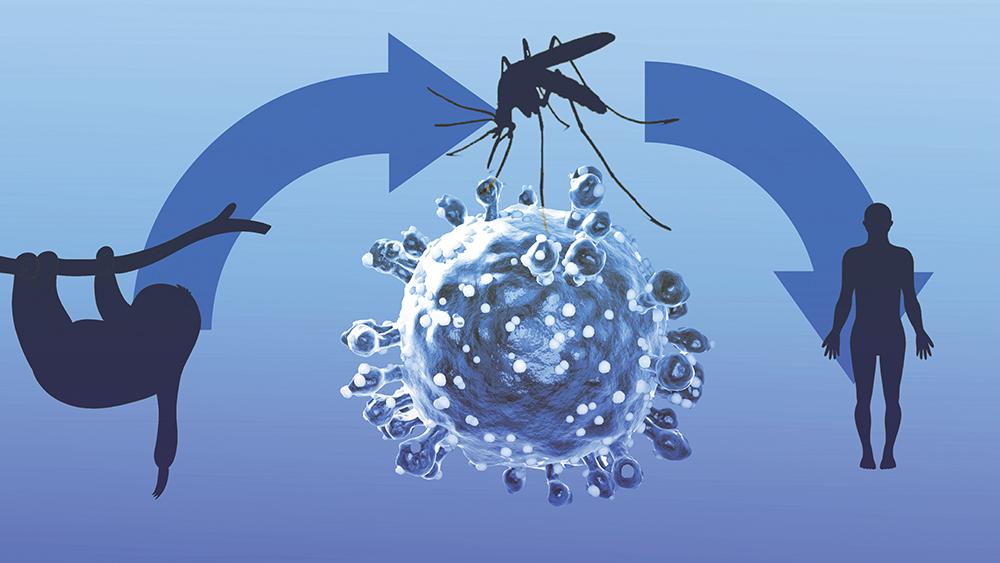
Travel health update
JANE CHIODINI, MBE
JANE CHIODINI, MBE
MSc(TravelMed), RGN, RM, FFTM RCPS(Glasg), QN
Past Dean, Faculty of Travel Medicine, RCPS(Glasg)
Director of Travel Health Training www.janechiodini.co.uk/
www.facebook.com/TravelHealthTraining
Practice Nurse 2025;55(1):27
As 2025 gets underway Jane Chiodini wonders what it will bring in terms of travel health. This month’s update gives us a flavour of what is to come
TRAVEL IN 2025
The new GP contract will run from April, and the Government has dropped some hints about what it will contain, including a reduction in Quality and Outcomes Framework (QoF) indicators from 76 to 44. The information available so far can be found in the announcement at https://www.gov.uk/government/news/gp-reforms-to-cut-red-tape-and-bring-back-family-doctor. I eagerly await any news in relation to travel health services, but suspect the status quo may persist. And the travellers will continue to seek advice, the numbers of people going abroad continue to rise. A survey from the Association of British Travel Agents (ABTA) indicated 68% of people intend to take an overseas holiday. Their ‘Destinations to Watch 2025’ report features ten destinations that ABTA believes will be of interest to UK travellers this year, offering ideas for exploring less well-known places. The top country of concern in this group for the travel health practitioner is Malawi, where malaria poses a risk. Other destinations that travellers may seek advice for include Belize, Japan and possibly Tasmania: see the full list at https://www.abta.com/industry-zone/reports-and-publications/abta-travel-trends-reports/destinations-to-watch-2025 and always remember to check the destination page on TravelHealthPro for details and recommendations for individual destinations https://travelhealthpro.org.uk/countries
UK MALARIA UPDATE
Last December, the data for travellers returning to the UK with malaria were published, along with the UK Guidelines for 2024. In 2023, there were 2,106 cases of imported malaria reported in the UK. This is 26% higher than cases reported in 2022; there were also six malaria related deaths in 2023. This rise was predicted as many of the malarious countries in the world are experiencing increased issues in controlling malaria. Reasons include COVID, climate change, and millions of people continuing to miss out on the services they need to prevent, detect, and treat the disease. Conflict and humanitarian crises, resource constraints and biological challenges such as drug and insecticide resistance also continue to hamper progress. The full report can be seen at https://www.gov.uk/government/publications/malaria-in-the-uk-annual-report/malaria-imported-into-the-uk-2023
Because of the increased risk, it remains vital we give malaria prevention advice in a pre-travel consultation. The 2024 malaria guidelines document (MGD) includes updates to the sections on pregnant travellers and those visiting friends and relatives. Remember if you have a complex query for malaria, you can always ring the NaTHNaC helpline or email the UKHSA Malaria Reference Laboratory (see item no. 8 at https://www.janechiodini.co.uk/tools/) but this should ONLY be done if the question cannot be answered by reading the MGD and seeing if the answer is there – it is such a comprehensive publication and very easy to use, so see https://www.gov.uk/government/publications/malaria-prevention-guidelines-for-travellers-from-the-uk
OROPOUCHE VIRUS (OROV)

Prior to late 2023, reported cases of Oropouche virus disease were limited to South America, mostly near the Amazon rainforest, and the Caribbean. But through 2024, it was seen in increasing numbers in Barbados, Bolivia, Brazil, Colombia, Cuba, Dominican Republic, Ecuador, Guyana, Panama and Peru. This virus is spread predominantly by the bite of midges but can also be transmitted by some mosquitoes. OPOV usually presents with a fever, chills, headache, joint pain and muscle aches 4-8 days after infection, with symptoms typically lasting up to 7 days. Some people may develop more severe disease however, including meningitis or encephalitis. There are concerns about vertical transmission, and work is underway to establish the potential risk to mother and baby. Prevention is bite avoidance only, there is no specific treatment or vaccine available.
The problem is, how do you incorporate all these additional risks to your travellers when your time within a consultation is forever being squeezed? The answer is complex and challenging, but if this is your situation, then make sure you know a bit about the disease and ensure you direct your travellers to TravelHealthPro to learn more. https://travelhealthpro.org.uk/news/788/oropouche-virus-disease-information-for-travellers-and-health-professionals
Related articles
View all Articles